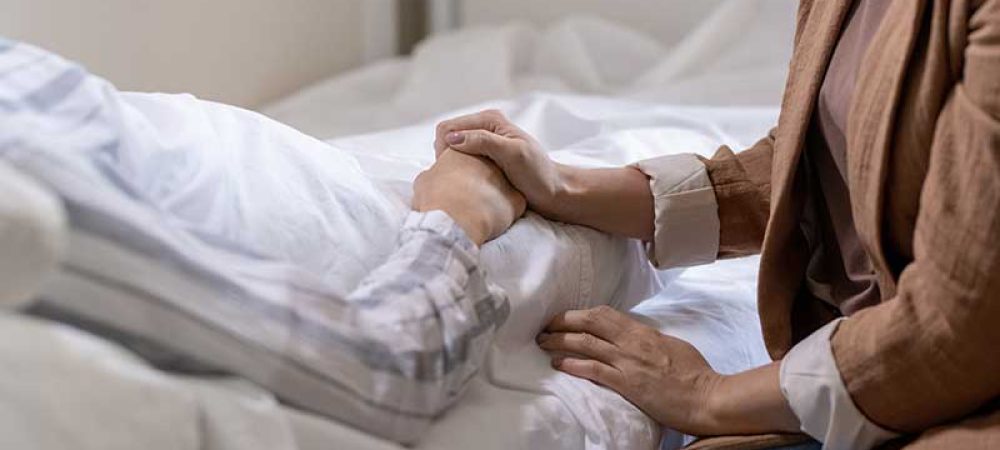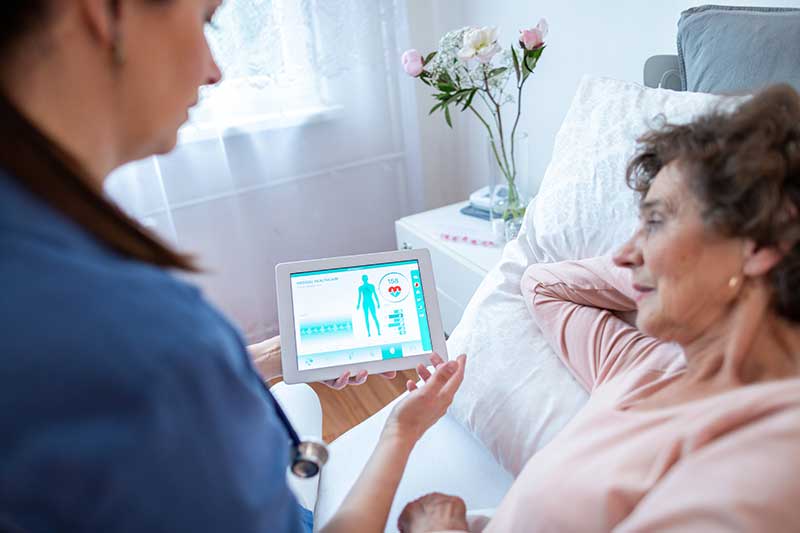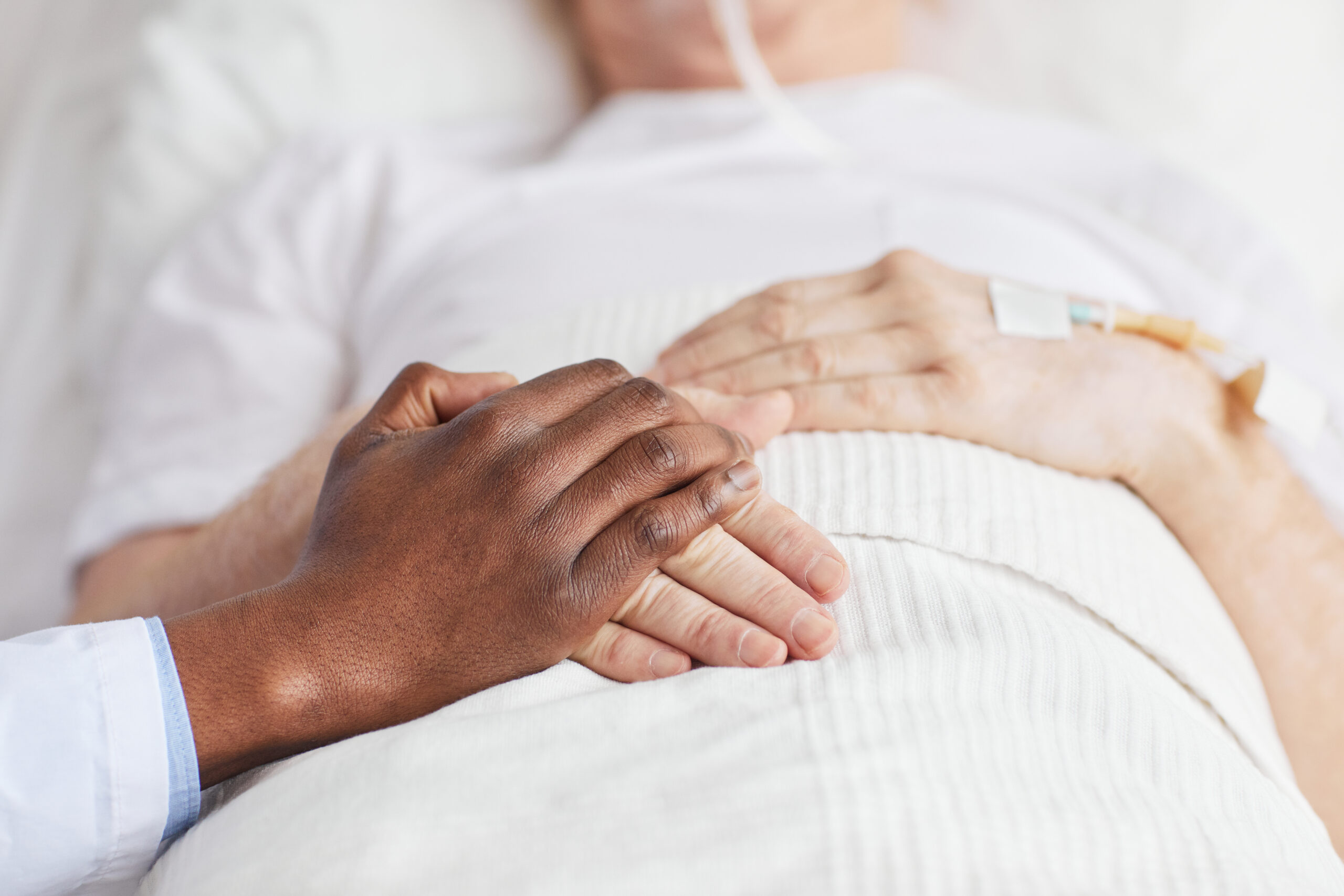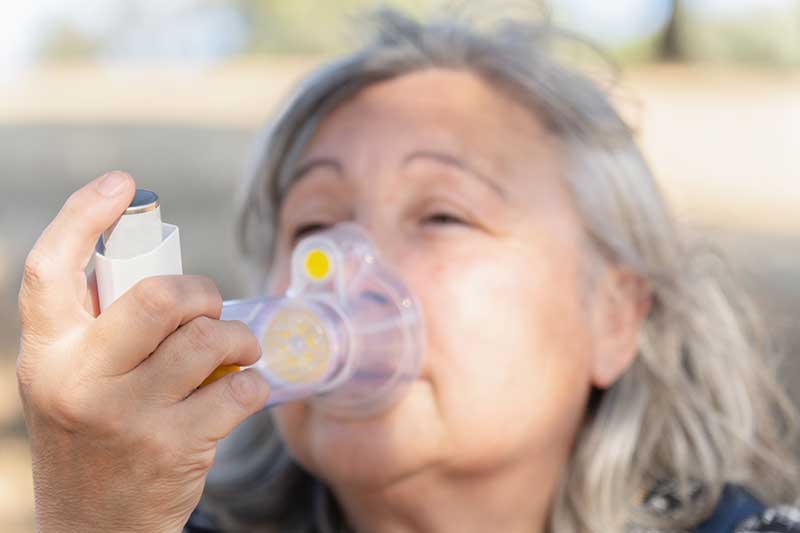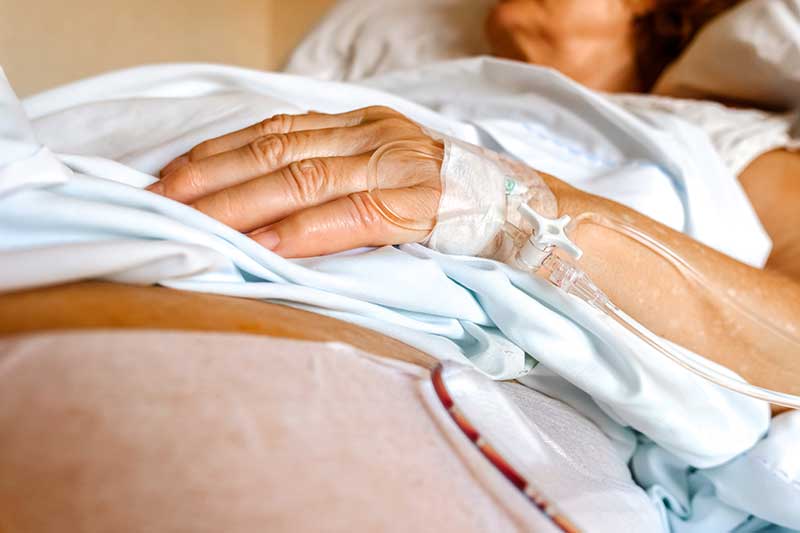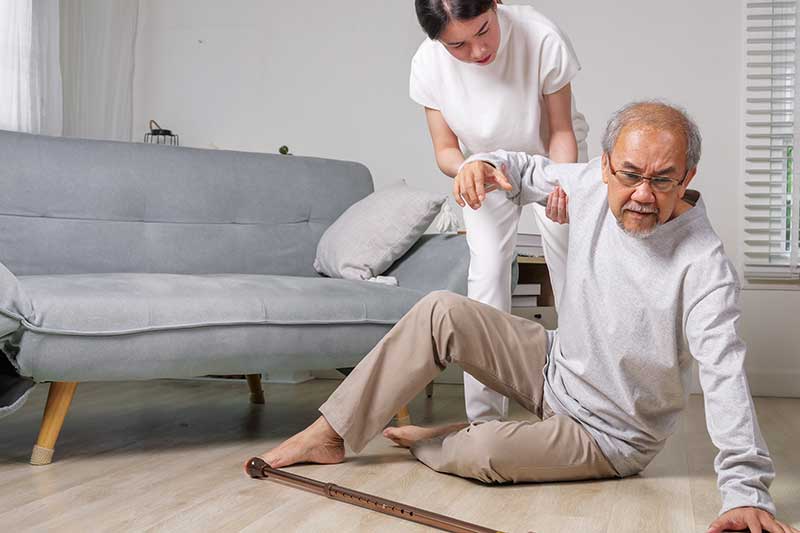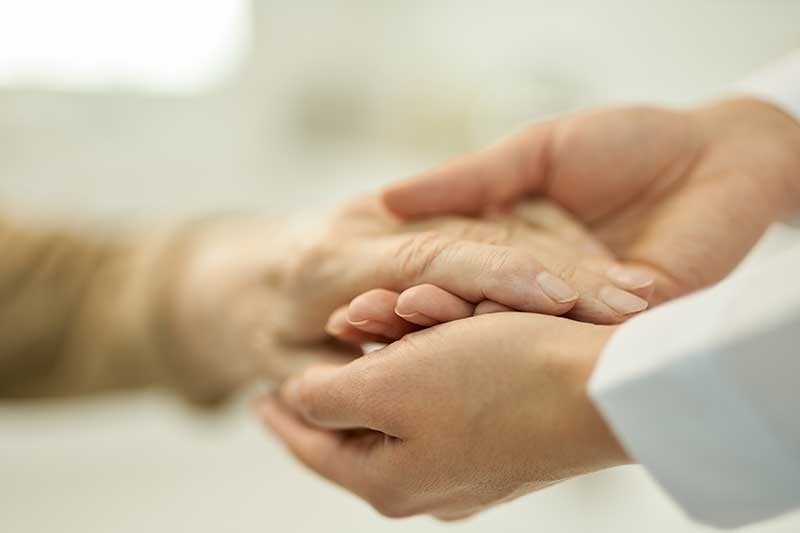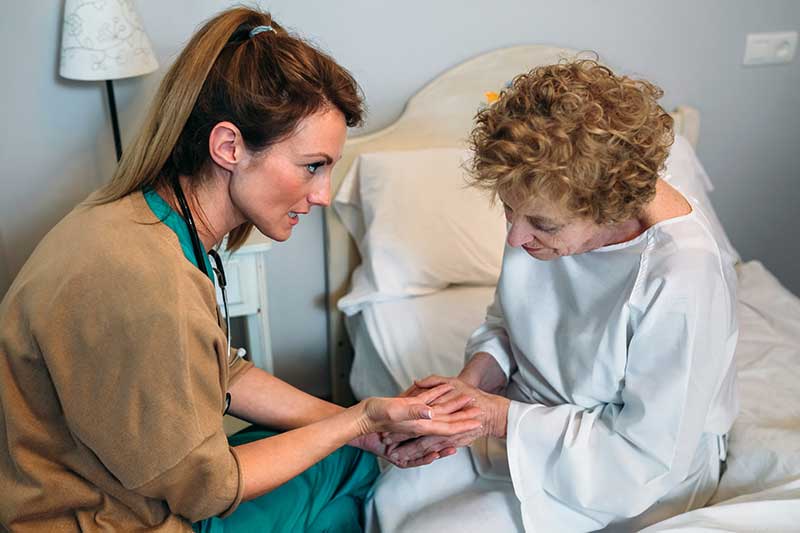A immobilized patient’s care entails particular difficulties and obligations. Bedridden care fundamentals are critical for the patient’s comfort and health, regardless of whether you are a family member assuming this responsibility or a professional caregiver. The objective of this blog is to furnish pragmatic guidance and suggestions that promote efficient healthcare for patients who are immobile.
Recognizing the Patient’s Requirements
Prior to anything else, it is critical to comprehend the patient’s medical condition and any particular needs that may exist. This entails maintaining knowledge of their prescribed medications, dietary limitations, and any essential medical apparatus. Consistent consultations with healthcare professionals can assist in maintaining one’s knowledge and readiness.
Sustaining an Attractive Ambiance
The milieu of the bedridden patient has a substantial impact on their comfort and overall welfare. Ensure that their room is maintained at a comfortable temperature, well-ventilated, and tidy. If at all feasible, position the bed to provide natural light and a view of the outdoors. The patient’s morale can be greatly enhanced by a serene and enjoymentable setting.
Frequent Position Alterations
It is critical to reposition the patient every few hours in order to avoid bedsores and enhance circulation. Acquire knowledge of the proper patient movement techniques to prevent inducing pain or distress. Utilize cushions and pillows to alleviate pressure and provide support to various body regions.
Skin Hygiene and Care
Patients bedridden are susceptible to cutaneous conditions such as bedsores. Frequently examine their skin for evidence of irritation or sores, paying particular attention to pressure points. Utilize appropriate skincare products and keep the skin spotless and dry in order to preserve its integrity.
Supplementary Care
Hydration and proper nutrition are vital. Construct well-balanced dishes in accordance with individual dietary requirements and preferences. Consider softer dishes or seek the advice of a dietician if the patient experiences problems with eating. Ensure they maintain adequate hydration throughout the day.
Emotional and Mental Support
Bedriddenness can present not only physical but also psychological and emotional difficulties. Consistently interact with the patient by means of talks, reading aloud, performing musical compositions, or other enjoyable and participatory activities. This contributes to the preservation of their mental health.
Medication Administration
Ensure timely and accurate administration of all prescribed medications. Maintain a record of all prescribed medications and altered regimens. Observe for adverse effects and notify a medical professional immediately.
Physical Activity and Therapy
Incorporate moderate exercises or physical therapy into the daily routine whenever possible. This can aid in joint flexibility and muscle strength maintenance. It is advisable to consistently seek guidance from a healthcare professional in order to ascertain appropriate exercises.
Seeking Expert Assistance
When necessary, do not hesitate to seek professional assistance. Professional assistance is of the utmost importance, whether it be consulting a physician regarding health concerns or employing a nurse to provide specialized care.
A bedridden patient necessitates attentiveness, perseverance, and a profound comprehension of their requirements. One can substantially enhance the quality of life of others by establishing a comfortable environment, upholding proper hygiene practices, supplying nutritious meals, and providing emotional support. Bear in mind that the support you offer not only contributes to their physical well-being but also elevates their emotional state amidst adversity.

